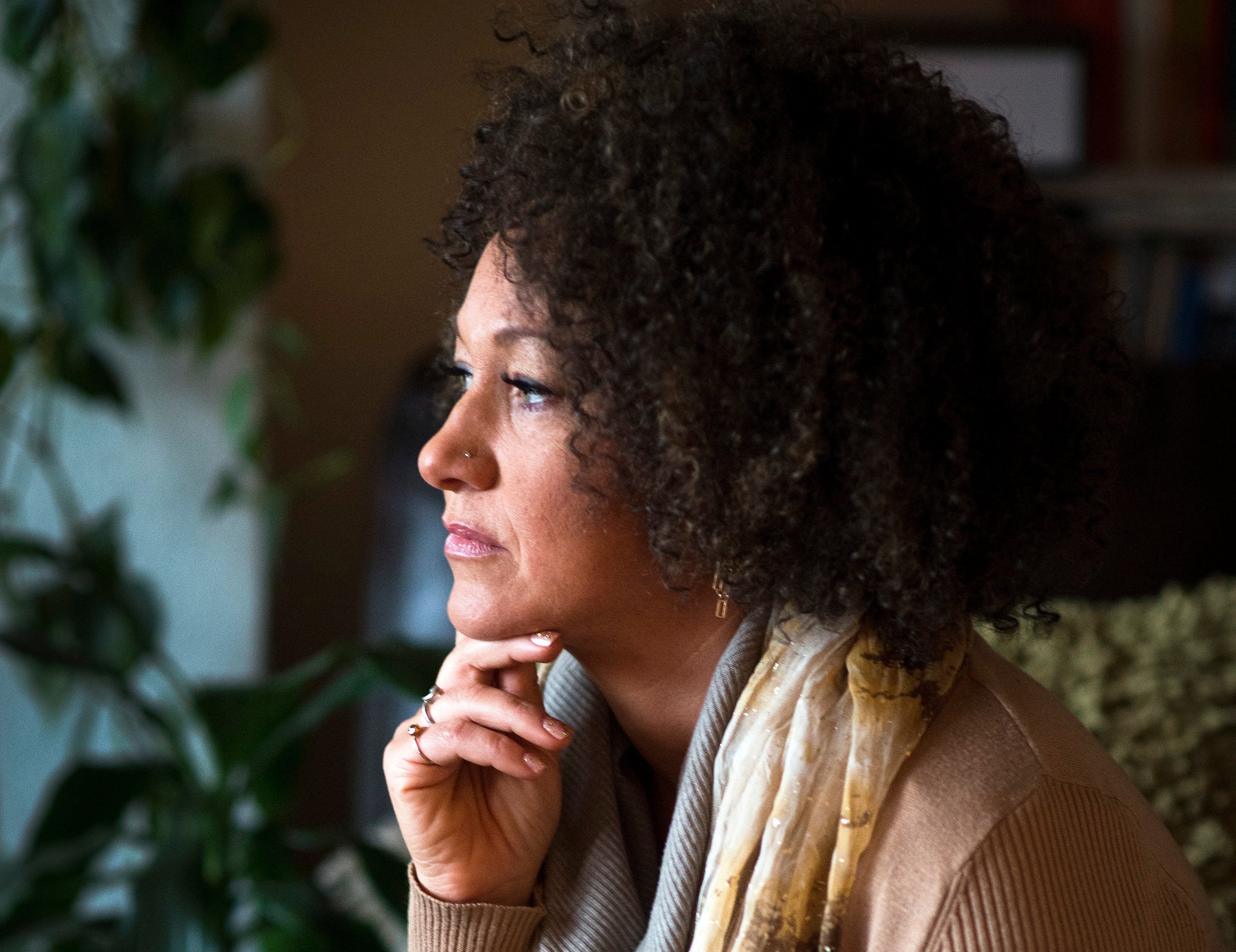
From the moment it was clear that Rachel Dolezal would be landing in South Africa this week, South Africans on Twitter responded in a typically South African way.
With humor.
However the humor could not mask a deep anger at the gall of this white American woman coming here to speak to Black people about being Black.
People were confused as to what led her to come here, but some sussed out that it was for financial gain. They were quick to point out that it was her white privilege that had afforded her the opportunity to travel all the way from the States to a country that had experienced apartheid, to talk about “non-racialism.”
Some even went as far as setting up a petition to stop her from talking.
Deep pain and anger over continued social and economic divisions in line with racial divisions does not make South Africa (a majority Black country) an easy place to live. The legacy of apartheid still looms large and casts deep shadows over the majority of people.
It is as inescapable as the air we breathe.
When South Africans heard that Rachel Dolezal, a white American woman who “identifies as Black” was going to give a talk on non-racialism, they were demonstrably upset. The media gave her some space.
Subscribe to our daily newsletter for the latest in hair, beauty, style and celebrity news.
While here, she told local talk radio station 702 that she is “trans-black” which is a term that defies translation or comprehension.
Dolezal was in the country to speak at the Quest for Non Racial South African Society Dialogue (QfNRSASD) at the University of Johannesburg. The group that invited her is Tsiloab Consulting, whose agenda is apparently to promote racial harmony in the country. For many, it is the first time they have heard of the group. Tsiloab’s Managing Director, Bishop Clyde Ramalaine, said: “I am consciously not Black. It has nothing to do with shame.”
Students at the University of Johannesburg talk on Tuesday had strong words for Dolezal. One student said outright that only a white person could call herself Black and benefit as a white person from being Black.
South Africans were left confused by her talk at the Joburg Theatre on Wednesday. Dolezal was asked many questions by attendees, who just did not seem convinced by her claims or theories.
“I was going about the very work of focusing those disproportionalities‚ disadvantages‚ those gaps in the institutionalized racism world of Spokane‚ Washington‚ which is probably 50 years behind the rest of the US. There’s not some kind of mission that I am on to make ‘trans racialism’ a thing‚ because I don’t even believe in it‚” Times Live reported she said. “But I do believe that we can face that race was created by racism‚ by the energies of oppression‚ by the need to classify people in order to leverage power and privilege.”
According to the newspaper “She claimed that she had ‘decolonised’ her mind – although many in the crowd remained skeptical.” She certainly came here knowing what the big issues are and also has a grasp of the main buzzwords. Decolonising institutions and learning to decolonise the mind are projects of Black South African youth. Since the Fees Must Fall protests, this has been the language employed by Black youth, so that when Dolezal uses it, she is at once attempting to ingratiate herself and is also appropriating Black struggle in the South African context.
It seems not to have worked, and people saw through it at once.
Dolezal is the former president of the NAACP’s Spokane‚ Washington chapter. She resigned in 2015 after her white parents revealed she was actually white, creating a media storm.
She has been on a book tour in the U.S. to promote “In Full Color: Finding My Place in a Black and White World,” a book she wrote about her experiences. It seems the clearest thing about her is that she certainly makes use of her “transracial” self-identity by cashing in on it as much as she can.
It is not clear how much Dolezal, who has been said to be on the verge of homelessness and is jobless, will make on this speaking tour in South Africa.
The most defining interview Dolezal has given has been the one by Ijeoma Oluo, recently published in The Stranger. There really is nothing more to be said about Rachel Dolezal than that, except we hope she never comes to South Africa again.
